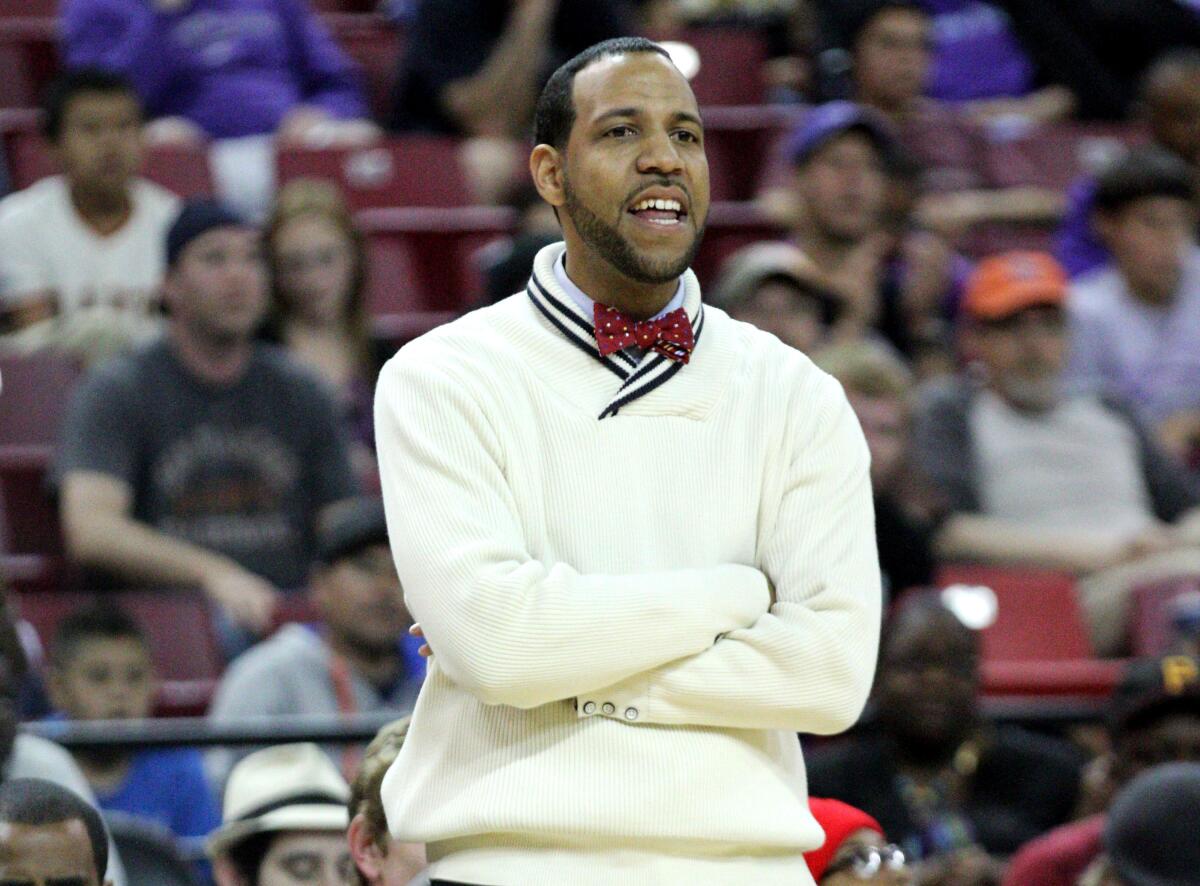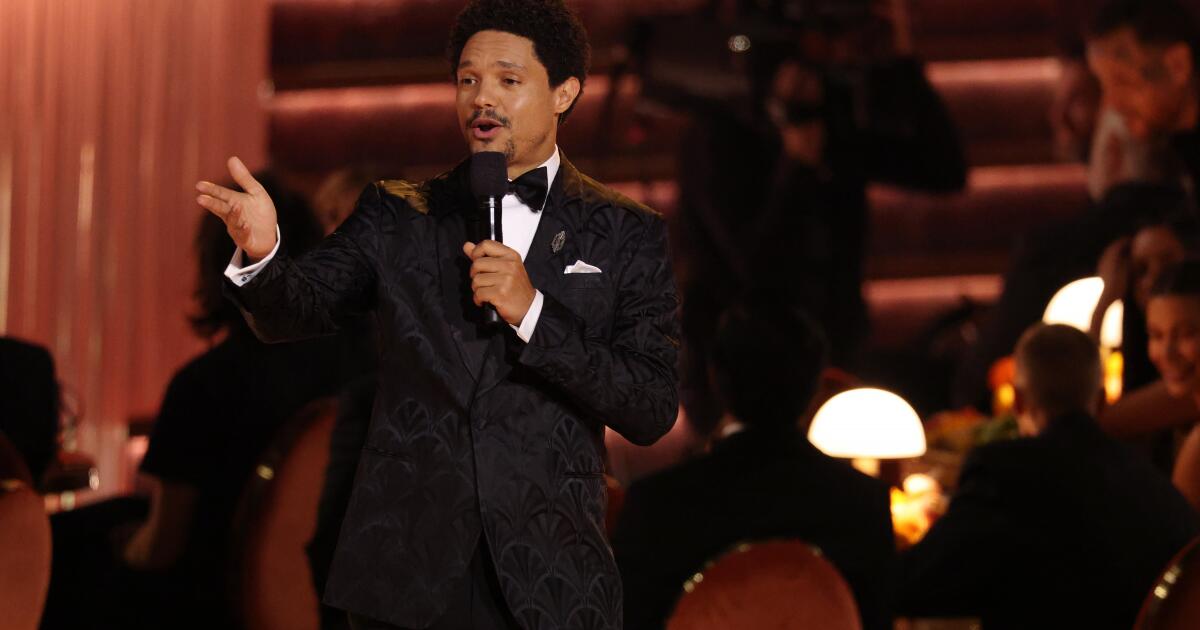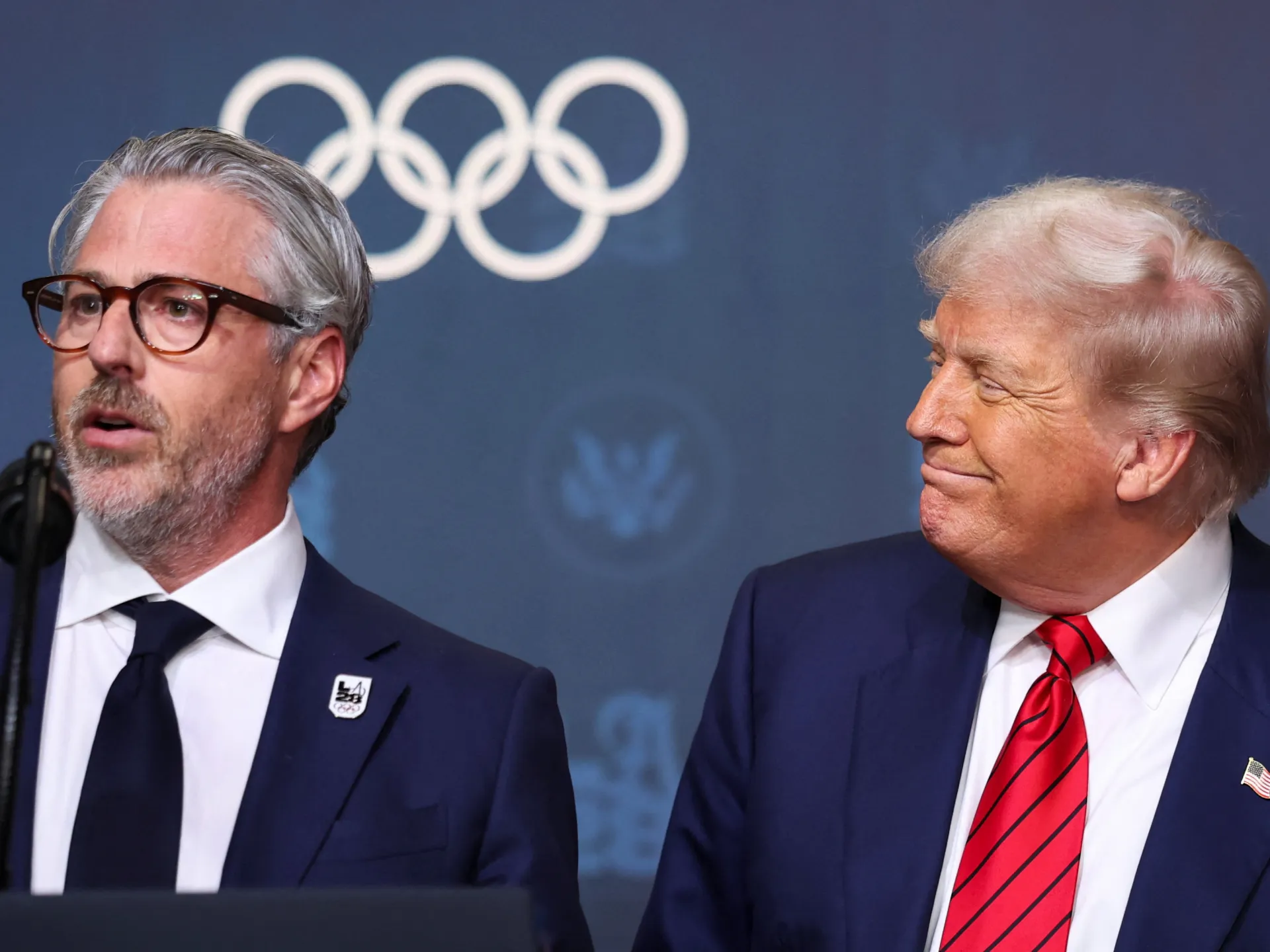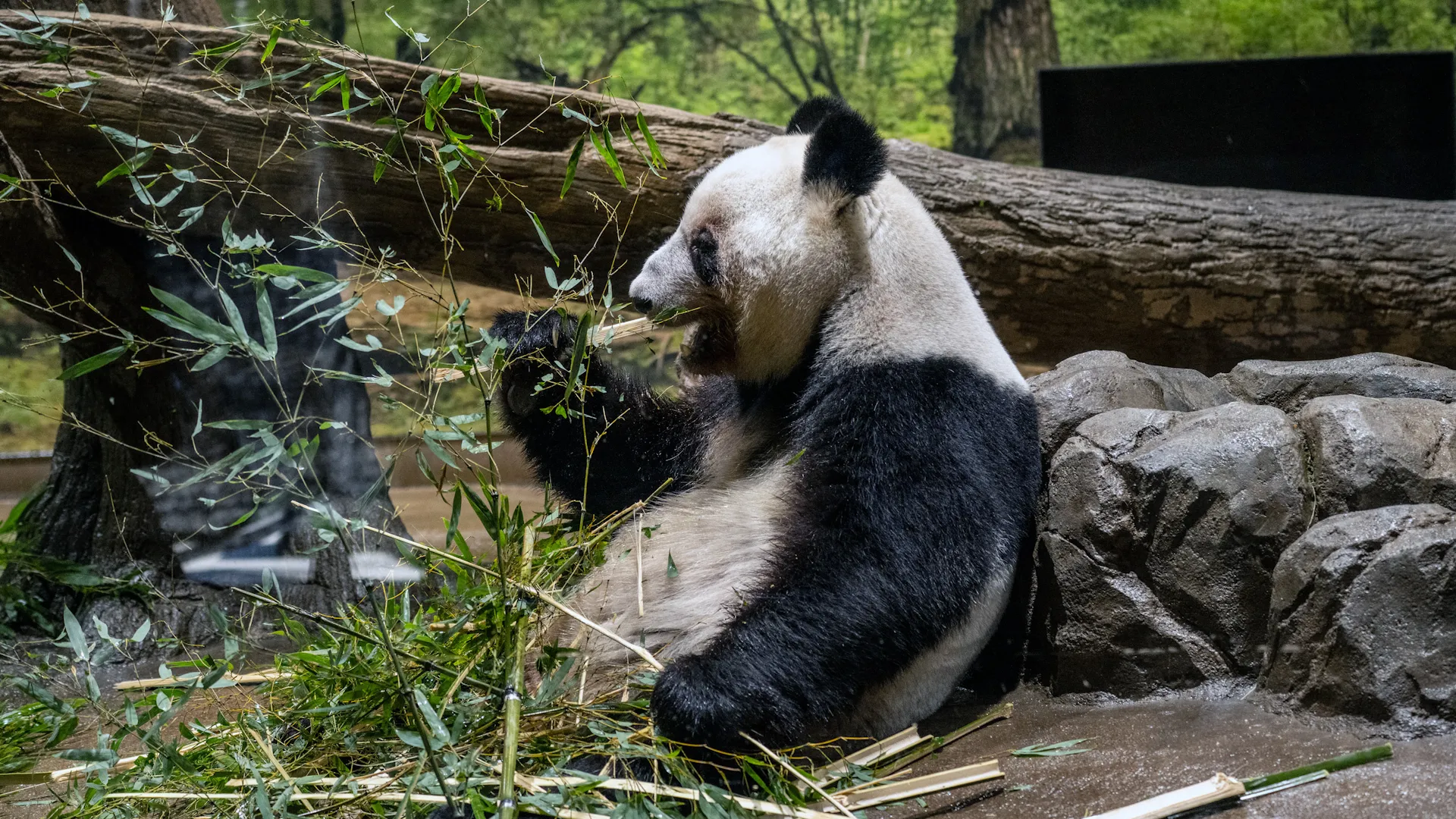Coach Reggie Morris Jr. hopes his bow ties bind Redondo Union
Get ready for the return of bow ties for Redondo Union basketball coach Reggie Morris Jr. It’s his signature wardrobe item added whenever the playoffs begin, and the Sea Hawks (25-3) are capable of extending their season for more than a month the way they are playing.
“It means time to dress the part, time to win,” Morris said.
Few coaches in the postseason have achieved what Morris has. The son of City Section Hall of Fame coach Reggie Morris Sr., Morris Jr. has won Southern Section titles at Redondo, Leuzinger and St. Bernard along with winning a City Section title at Fairfax. He has one state title at Redondo.

Reggie Morris Jr., in 2013. He has a collection of bow ties he brings out for the playoffs.
(Nick Koza)
The Sea Hawks are seeded No. 3 in the Southern Section Open Division playoffs behind top-seeded Sierra Canyon (22-1). Both teams are similar, relying on pressure defense, athleticism and talent. If they ever get to meet, the game should be a good one.
“They have great personnel, a great coach,” Morris said. “There’s a lot of respect for what they do.”
Morris is familiar with many of the Sierra Canyon players, having coached them in travel ball, from Maxi Adams to Brannon Martinsen. And he knows Sierra Canyon coach Andre Chevalier, who’s a fellow City Sectiongrad.
Last year in the playoffs, Redondo gave Sierra Canyon two of its toughest games, losing in overtime 69-66 during the Southern Section playoffs and losing 74-68 in the regional semifinals.
“Last year’s experience has helped us tremendously,” Morris said. “The level of intensity, the talent, the attention to detail — they’ve applied that all season long. We have a lot of lessons to pull from.”
Redondo’s big three are SJ Madison, Devin Wright and Chace Holley, all seniors. Playing in the Open Division requires extreme focus on taking it one game at a time and never looking ahead because every game can be won or lost by the slimmest of margins. Redondo opens pool play on Wednesday at home against Etiwanda.
“This year I feel anybody can be beaten,” Morris said. “We can beat anyone and they can beat us.”
Even though the Sea Hawks cruised to their Bay League championship with few challenges, they played a competitive nonleague schedule with two wins over Crestview League champion Crean Lutheran, the No. 1 seed in Division 1, and wins over Arizona power Phoenix Sunnyslope, Sherman Oaks Notre Dame, Crespi and Damien.
“We’ve played the most teams in the top 15 in Southern California,” Morris said. “We’re confident we can play with anybody. We’re battled tested. We feel we can make noise.”
Sierra Canyon and Redondo have been considered the top two teams in Southern California for months, but the computer rankings put Santa Margarita as the No. 2 seed.
The real surprise would be if either Redondo or Sierra Canyon fails to reach the Open Division championship game the final weekend in February at the Toyota Arena in Ontario.
Just keep track of Morris wearing bow ties in February for clues as to how the Sea Hawks are doing. He has plenty.
Asked what color of red he wears, Morris said, “Game time decision.”





